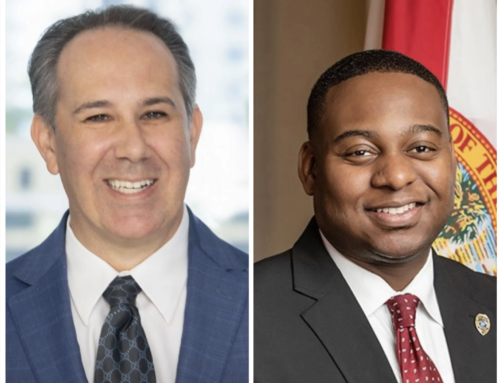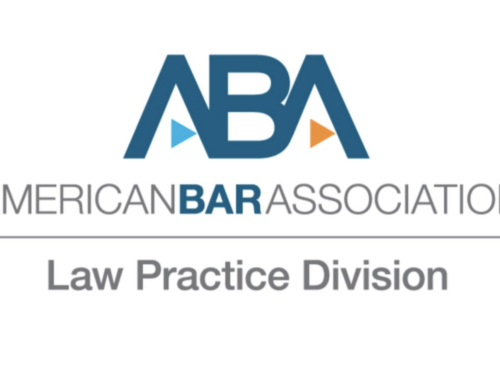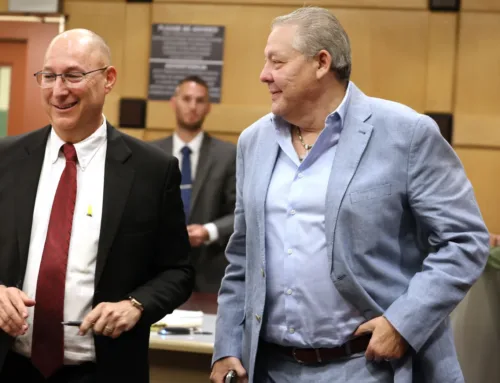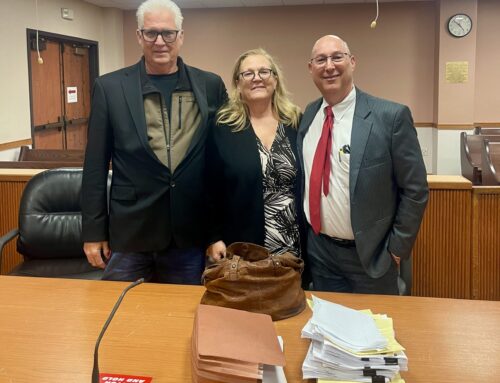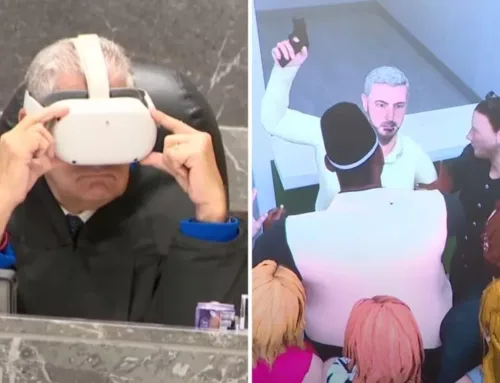
…and the only other way to remove the death penalty as a possibility would be for the defense to somehow persuade jurors to convict Cruz of a lesser charge, such as second-degree murder.
“The odds of that are slim to none, with an emphasis on none,” said former prosecutor Ken Padowitz, now a defense attorney. “The evidence in this case is so public and so overwhelming that it’s insurmountable.”
Parkland school shooter Nikolas Cruz plans to plead guilty to 17 counts of murder and 17 counts of attempted murder, sources confirmed late Thursday.
He also plans to plead guilty in the jailhouse assault case scheduled to start next week, the Sun Sentinel has learned.
WSVN-Channel 7 broke the news of the mass shooting pleas late Thursday afternoon, citing unnamed sources. The Broward Public Defender’s Office, which represents the confessed gunman, has not verified or disputed the report, which sources have confirmed to the Sun Sentinel. Lawyers in the case are scheduled to appear at a status hearing Friday morning in front of Broward Circuit Judge Elizabeth Scherer.
Sources say Cruz will not be there Friday and the guilty pleas will be entered at a later date.
Prosecutors at the Broward State Attorney’s Office referred questions to the defense lawyers. “No plea agreement has been reached with our office,” said spokeswoman Paula McMahon.
Cruz has offered to plead guilty before, but only in exchange for a life sentence. Prosecutors are pushing for the death penalty, saying Cruz’s fate should be decided by a jury of his peers, not lawyers.
Guilt has never been in serious question, though defense lawyers have kept their trial strategy secret. There had been no official indication of plans to pursue an insanity defense, and the only other way to remove the death penalty as a possibility would be for the defense to somehow persuade jurors to convict Cruz of a lesser charge, such as second-degree murder.
“The odds of that are slim to none, with an emphasis on none,” said former prosecutor Ken Padowitz, now a defense attorney. “The evidence in this case is so public and so overwhelming that it’s insurmountable.”
Death penalty cases are tried in two phases. In the first, the jury is tasked with deciding whether the defendant is guilty. In the second, the question is one of punishment. A guilty plea eliminates the first phase, giving prosecutors one chance to present the case to the jury instead of two. “It’s a brilliant strategy by the defense,” Padowitz said.
Cruz, now 23, was a former student at Marjory Stoneman Douglas High School who returned to the campus on Feb. 14, 2018, with an AR-15 style rifle and opened fire in the school’s 1200 building. When he was done, 17 students and staff members were dead, another 17 were physically injured, and South Florida was traumatized.
The shooting gave rise to national calls for stricter gun control laws. Florida passed a “red flag” law allowing law enforcement to seize the weapons of anyone deemed at risk of using a gun to commit a crime.
Cruz had been set to go on trial next week in the jailhouse assault case. Prosecutors say while he was in custody awaiting trial on the shooting, he attacked a deputy who was guarding him at the jail. That incident, like the Parkland shooting, was also captured on surveillance video. Jury selection in the jail assault case was scheduled to conclude Monday.


